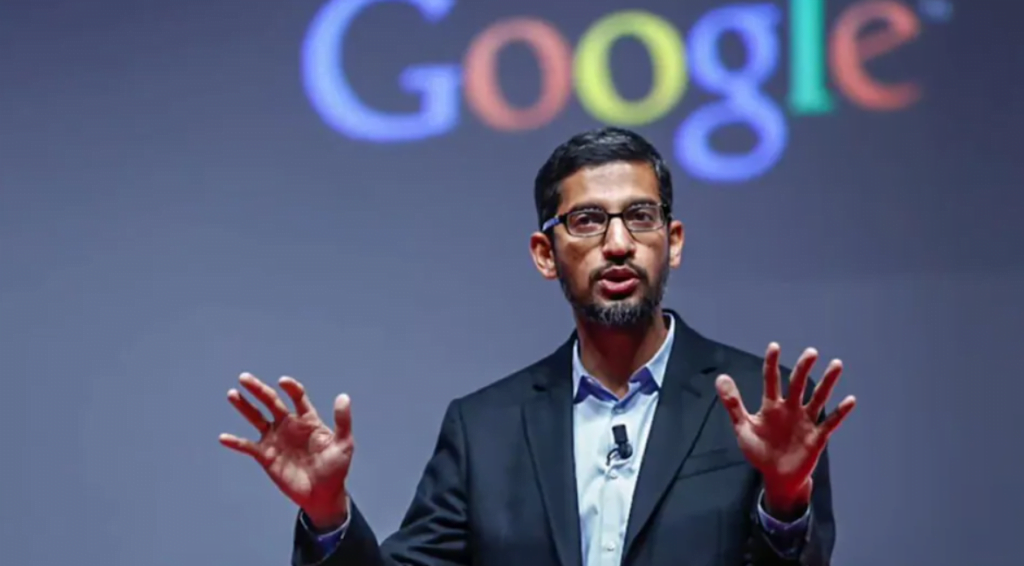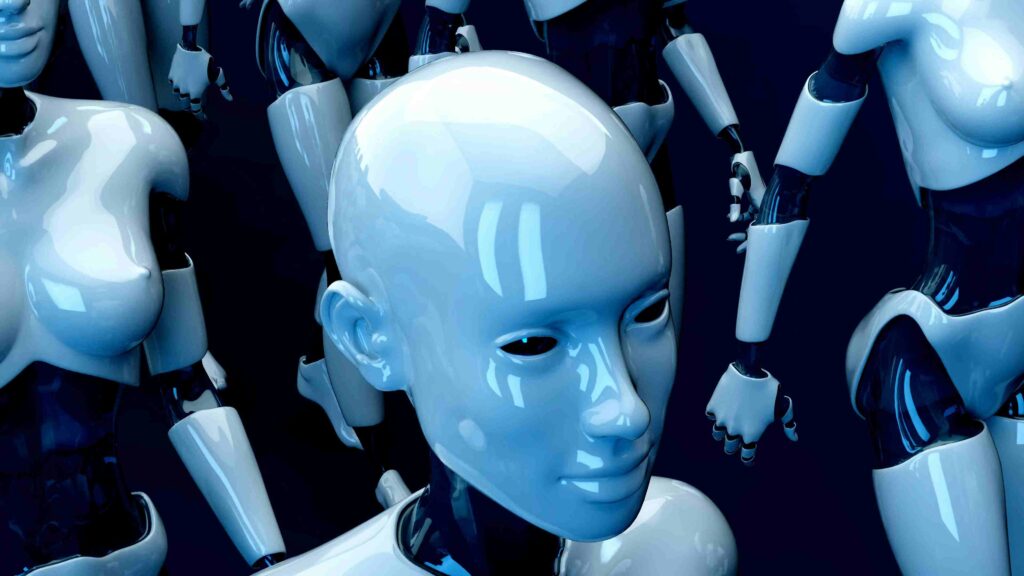Introduction: A Glimpse into the Plex
At the heart of Silicon Valley lies Googleplex, the nerve center of Google. For over two decades, Google has revolutionized how we live, work, and communicate. The company, symbolized by its iconic multicolored bikes, has been the gateway to the internet. However, with the rise of new technologies and competitors, Google faces the challenge of staying relevant in a rapidly evolving digital landscape.
Sundar Pichai: The Man at the Helm
Sundar Pichai, the CEO of Google and its parent company Alphabet, stands at a pivotal moment in the company’s history. Known for his talent as a product leader and peacemaker, Pichai oversees a tech giant that functions like a micro country. His portfolio includes influential businesses such as YouTube, DeepMind, Google Cloud, and Search. Pichai’s vision is clear: infuse AI into every corner of Google’s business. Yet, the unexpected rise of competitors like Microsoft and OpenAI has tested this strategy, challenging Google’s cultural relevance and sparking a renewed industry-wide focus on AI.

Google’s 20th Anniversary: A Journey of Innovation
Reflecting on his 20-year tenure at Google, Pichai shared personal anecdotes and insights. From the famous Gmail launch on April Fool’s Day 2004 to the evolution of Google’s interviewing process, his journey encapsulates Google’s growth. Pichai’s emphasis on AI began in 2016, marking the start of an era focused on extraordinary innovation. Despite recent competitive pressures, Pichai remains optimistic, viewing the current AI frenzy as part of a long-term trajectory towards groundbreaking advancements.
AI in Search: Transforming Information Access
The integration of AI into Google’s search algorithms represents a transformative shift. Google researchers pioneered the transformer model, a core technology now used widely, including by competitors like OpenAI. While some critics argue that search quality has declined due to SEO spam, Pichai believes that effectively managing new content is key to maintaining a high-quality product. Google’s commitment to providing diverse sources and quick, reliable answers remains steadfast, even as generative AI reshapes user interactions.
Addressing AI Challenges: Striving for Accuracy and Inclusivity
Google’s AI endeavors are not without challenges. Instances of AI-generated misinformation, such as the controversial images produced by the Gemini model, highlight the complexities of developing inclusive yet accurate AI systems. Pichai acknowledges these missteps and emphasizes the importance of refining AI to meet high standards. As AI continues to evolve, Google aims to balance innovation with ethical considerations, ensuring technology serves a global user base responsibly.
Navigating the Business Model: Ads and AI Integration
Google’s business model, heavily reliant on ad revenue, faces potential disruption as AI alters user behavior. Pichai, however, remains confident that the core principles driving Google’s success—user choice and high-quality search results—will endure. By experimenting with ads in AI-driven search contexts, Google seeks to adapt its revenue strategies while maintaining the integrity of its search product.

Leadership and Vision: Pichai’s Strategic Approach
Pichai’s leadership style, characterized by a long-term perspective and consensus-building, contrasts with the rapid, risk-taking approaches of other tech leaders. Despite criticisms of being overly cautious, Pichai has successfully steered Google through significant pivots, particularly in AI, YouTube, and Cloud services. His ability to discern meaningful signals amidst noise has been crucial in guiding Google through a dynamic technological landscape.
The Role of Founders: Larry and Sergey’s Continued Influence
Larry Page and Sergey Brin, Google’s co-founders, remain influential figures. Pichai frequently consults them, benefiting from their ability to view the company from a broader perspective. Brin’s hands-on involvement in AI projects underscores the ongoing importance of their visionary insights in shaping Google’s future.
The Future of Search: Combating AI-Generated Misinformation
As AI-generated content proliferates, maintaining the objectivity and reliability of search results is paramount. Google’s role as a verifier of information becomes even more critical in this context. The challenge lies in distinguishing between authentic and synthetic content, a task that will define the next decade of search innovation.
Addressing Internal and External Criticisms
Facing critiques about Google’s slow response to AI advancements, Pichai remains focused on the long game. While ChatGPT’s debut caught many by surprise, Google’s foundational work in AI continues to underpin its strategy. Pichai’s methodical approach, though sometimes perceived as overly deliberate, is aimed at sustainable, impactful progress.
The Balance of Culture and Productivity
Google’s culture of open debate and employee empowerment has been both a strength and a challenge. Recent controversies, such as the dismissal of employees protesting certain contracts, highlight the tension between maintaining a vibrant, inclusive workplace and ensuring productivity and compliance. Pichai emphasizes the need for balance, where open discourse coexists with adherence to company policies.
Conclusion: Embracing the AI Future
Under Sundar Pichai’s leadership, Google is navigating a transformative era in technology. By leveraging its foundational AI research and adapting to new competitive landscapes, Google aims to stay at the forefront of innovation. As the company continues to evolve, its commitment to enhancing global knowledge and solving real-world problems remains unwavering.




